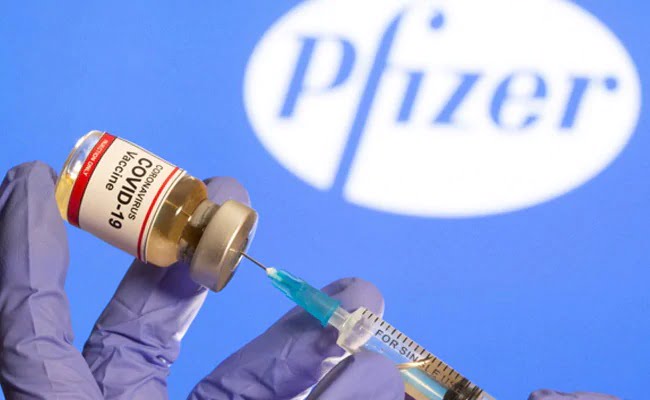Pfizer Vaccine Produces Less Antibodies Against COVID Variant First Found In India: Lancet

London: India may be getting the Pfizer-BioNTech vaccine as early as next month. A large section of the 18-45 age group, who are eligible for vaccination from May 1, are in fact waiting for the American jab to shield themselves from the deadly coronavirus.
But here’s an alert!
According to a recent study published in The Lancet journal, people taking the Pfizer-BioNTech vaccine are likely to have more than five times lower levels of neutralising antibodies against the Delta (B.1.617.2) variant of coronavirus first identified in India compared to the original strain.
The study, conducted in UK’s Francis Crick Institute, has shown that levels of these antibodies which are able to fight the virus are lower with those who are more aged. Also, antibodies level declines over time, giving credence to the theory that a booster dose is needed, especially for vulnerable people.
The research endorsed UK’s recent decision to reduce the gap between two vaccine doses as it found that after one dose of the Pfizer vaccine, people are less likely to develop antibodies against B.1.617.2 variant compared to previously dominant B.1.1.7 (Alpha) variant.
The researchers, however, noted that level of antibodies is not the only factor in predicting vaccine effectiveness. However, data from previous clinical studies suggest that higher antibody titres or concentration is a reliable predictor of the vaccine’s efficacy and protection against COVID-19.
Antibodies in 250 healthy people, who had received either one or both doses of Pfizer vaccine up to three months after first dose, were studied.
The ability of antibodies to block entry of the virus into cells – the ‘neutralising antibodies’ — against five different variants of SARS-CoV-2 was tested.
Rsearchers then compared concentrations of these neutralising antibodies among all variants.
It was found that after a single Pfizer dose, 79% of recipients developed a quantifiable neutralising antibody response against the original strain, but it fell to 50% for B.1.1.7 variant, 32% for B.1.617.2 and 25% for B.1.351 (Beta) variant.

Comments are closed.